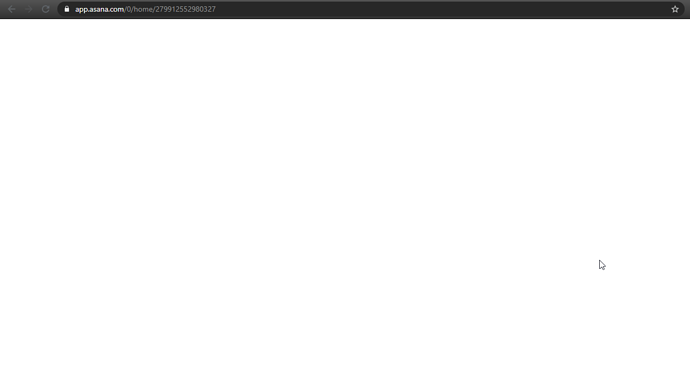Understanding the Blank Page Phenomenon

It’s a familiar scenario for many writers: you sit down at your desk, eager to put words on paper, only to be met with a blank page staring back at you. This phenomenon, often referred to as writer’s block, can be frustrating and demotivating. But what causes it, and how can you overcome it? Let’s delve into the psychology behind the blank page and explore some strategies for getting past it.
Читайте подробности здесь https://neolit-nn.ru/
The Psychology of the Blank Page
Writer’s block is a common experience among creatives of all kinds. It can manifest as a complete lack of inspiration or motivation, an inability to focus, or a feeling of being overwhelmed by the task at hand. But why does it happen? One theory is that writer’s block is a result of fear – fear of failure, fear of judgment, fear of not being good enough. When we sit down to write and are faced with a blank page, our inner critic kicks into high gear, telling us that our ideas are not good enough, or that we are not skilled enough to bring them to life. This fear can be paralyzing, causing us to avoid the work altogether. Another factor that can contribute to writer’s block is perfectionism. We may have a grand vision of the perfect piece of writing in our minds, and when we sit down to write, we are disappointed by the reality of our initial efforts. This gap between our expectations and our abilities can be discouraging, leading us to give up before we’ve even begun.
Strategies for Overcoming Writer’s Block
While writer’s block can be a formidable obstacle, there are strategies you can employ to help overcome it. Here are a few ideas to get you started:
- Start with a warm-up exercise. Sometimes, the best way to get your creative juices flowing is to start with a simple, low-pressure writing exercise. Try writing in a journal, freewriting on a random topic, or writing a letter to yourself. This can help you loosen up and get into the writing mindset.
- Set small, achievable goals. Rather than putting pressure on yourself to write a masterpiece in one sitting, break your writing task down into smaller, more manageable goals. Set a goal to write for 10 minutes, or to write a certain number of words. This can make the task feel less daunting and more achievable.
- Change your environment. Sometimes, a change of scenery can do wonders for your creativity. If you’re feeling stuck, try writing in a different location – whether that’s a coffee shop, a park, or even just a different room in your house. The new environment can help stimulate new ideas and break you out of your writing rut.
- Take a break. If you’ve been staring at a blank page for hours without making any progress, it may be time to step away and give yourself a break. Take a walk, do some stretching exercises, or engage in a different creative activity. Giving your brain a rest can help you come back to your writing with fresh eyes and renewed energy.
Conclusion
The blank page phenomenon is a common experience for writers, but it doesn’t have to derail your creative process. By understanding the psychology behind writer’s block and employing strategies to overcome it, you can break through the barrier of the blank page and continue on your writing journey. Remember, every writer faces obstacles – what sets successful writers apart is their ability to push through those obstacles and keep writing.
